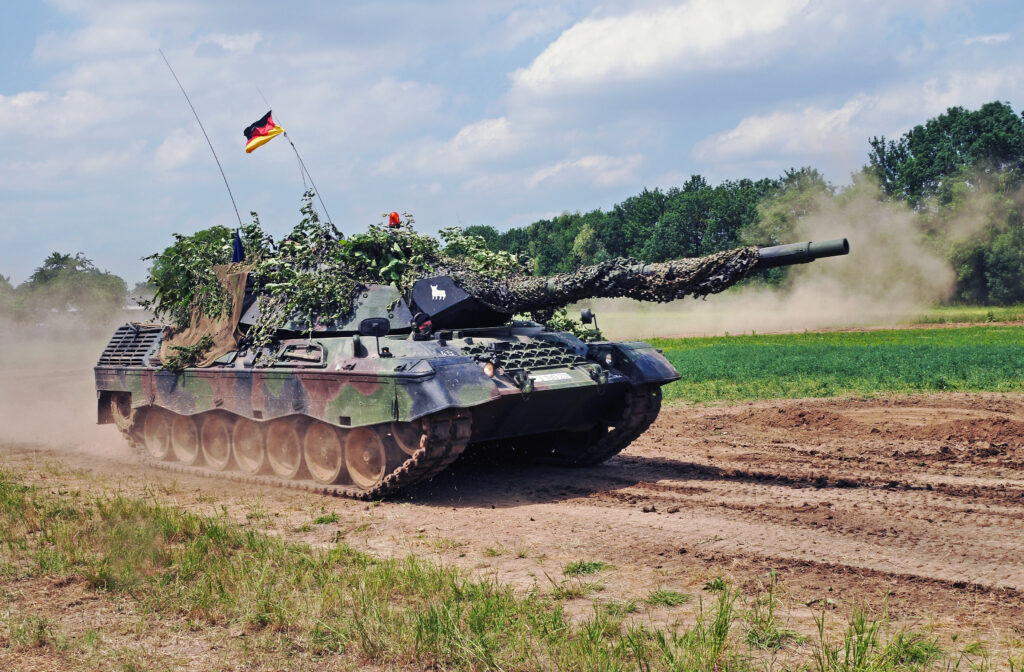The Offensive and the Fog

I have a piece up at 1945 about the opening days of the Ukrainian spring/summer offensive:
What we don’t know dwarfs what we know. We don’t know how much capability (personnel and munitions) Ukraine has kept in reserve from the battle for Bakhmut and the other skirmishes that characterized Russia’s winter offensive. We don’t know Ukraine’s operational objectives, and we don’t have a good sense of how flexible the Ukrainians will be about accomplishing those objectives.
I want to add a bit about the Fog of War. Clausewitz used the literal fog of war as a starting point to think about uncertainty, and to push back against mechanistic approaches to the question of how armies fought one another. In the most literal sense, the fog of war is the cloud of smoke that early modern armies experienced when they fired volleys at one another, resulting in an inability to discern movement on the other side of the (relatively small) battlefield). The Clausewitzian insight was that the fog of war was not simply literal, but also cognitive, organizational, and political. At the cognitive level, the human mind is capable of taking in and processing only so much, regardless of the sophistication of the sensors available. At the organizational level, information travels along incomplete and unpredictable channels, such that one part of the body knows a thing that another part of the body needs but cannot immediately access. At the political level, the fog represents the inability of leadership to access and comprehend intelligence about the opponent and about itself, as well as uncertainty about the dynamics of strategic interaction.
The greater portion of the history of warfare since 1914 has been about finding technological and doctrinal fixes to the fog of war, with surveillance and recon on the one hand and communications tech on the other. As we can see from the course of the Russia-Ukraine War, technology is important but technology doesn’t solve the most important information problems that military organizations face during war, it simply displaces and redefines those problems. Long story short, we don’t know a lot and it’s better to pay attention that to pretend we can predict.


